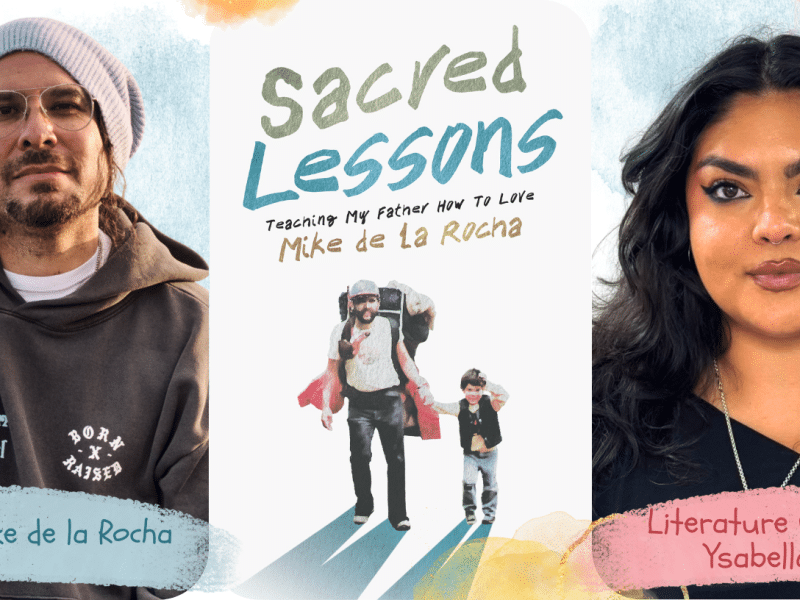A New Musician’s Union Brings an Intersectional Approach
Because of COVID-19, many musicians, most of whom rely heavily on concerts and touring to make a living, have been out of consistent work since March.

Because of COVID-19, many musicians, most of whom rely heavily on concerts and touring to make a living, have been out of consistent work since March. Full-time or part-time, from singers to güiro players, many in the industry are being financially impacted by the pandemic. In April, a group of musicians banded together to form the Union of Musicians and Allied Workers (UMAW) with the goal to mobilize music workers, including recording engineers, stage crews and others to advocate for support for their industry and others.
UMAW is fighting for “fairer deals from streaming services, ensuring musicians receive the royalties they are owed, establishing more just relationships with labels, and creating safer guidelines for venues,” according to their website.
“It feels right now that the music industry has vanished,” said Victoria Ruiz, in a phone interview with Luz Collective. “We don’t know what it’s going to look like, when we’re going to be able to play shows, go to a show or go to band practice.” Because of this uncertainty, Ruiz, the lead vocalist for Rhode Island based punk band Downtown Boys, helped to organize UMAW alongside some of her bandmates.
In early May, UMAW launched with a letter of Musician’s Demands because “few [musicians] have received enough support to survive the crisis,” according to the letter. These demands extend beyond protections for musicians. The demands include an extension of the CARES Act unemployment benefits through the remainder of 2020, which expired at the end of July.
What’s unique about UMAW’s efforts is how members see the struggles in their industry as connected to broader social justice fights. For example, the script UMAW wrote for members to use when calling their elected representatives includes demands that will benefit many beyond their own industry, such as extending Medicare; canceling rent and mortgage payments to ensure housing security, saving music venues, small businesses and nonprofits; demanding emergency supplemental funding to the National Education Association, National Endowment for the Humanities and Corporation for Public Broadcasting with the new relief package authorizing emergency regranting to individuals; and giving the U.S. Post Office necessary funding with no rate increase and no privatization.
Other projects organized by UMAW include Exitos Varios Volumen 1, a compilation of members’ songs. This album was released on July 3, a day that Bandcamp waived their sales percentage to benefit artists’ revenues. All proceeds from this album were donated to United We Dream, a youth-led organization fighting for justice and dignity for immigrants.
UMAW recognized that it was no small thing to ask musicians to donate their work during this time. Luz Collective spoke with Mary Regaldo, bassist of Downtown Boys, and Ruiz the day they were pitching the idea of Exitos Varios Volumen 1 to UMAW members. “I know for a fact people on this call need money for rent or legal fees,” says Ruiz.” Figuring out how to get people to donate to a nonprofit when they need it themselves makes me feel weird.”
In June, one member brought up the conversation of fighting anti-Blackness in the music industry. The union took to it, demanding redistribution in the music industry as it has “profited off Black labor,” their website says. They also called for action from big companies like Spotify to donate funds; support Black artists, venues and labels and provided resources on how to better support the Black community. UMAW further demanded reparations for the Black community stating on their website that “every rock artist in [UMAW] owes everything to folks like Sister Rosetta Tharpe and Little Richard.”
As part of the union’s organizing committee, Regaldo and Ruiz want to ensure all members feel equally safe, heard and seen. “It’s been really special organizing with other musicians and being able to reimagine and recreate the landscape of our workspace,” says Ruiz.
Regaldo says UMAW is something she and Ruiz have wanted to do for a while, and the inspiration for their intersectional approach can often be found in the member’s music and lyrics. But without fair compensation and support for workers in this industry, their ability to do their work and produce the music so many of us rely on is in jeopardy.



